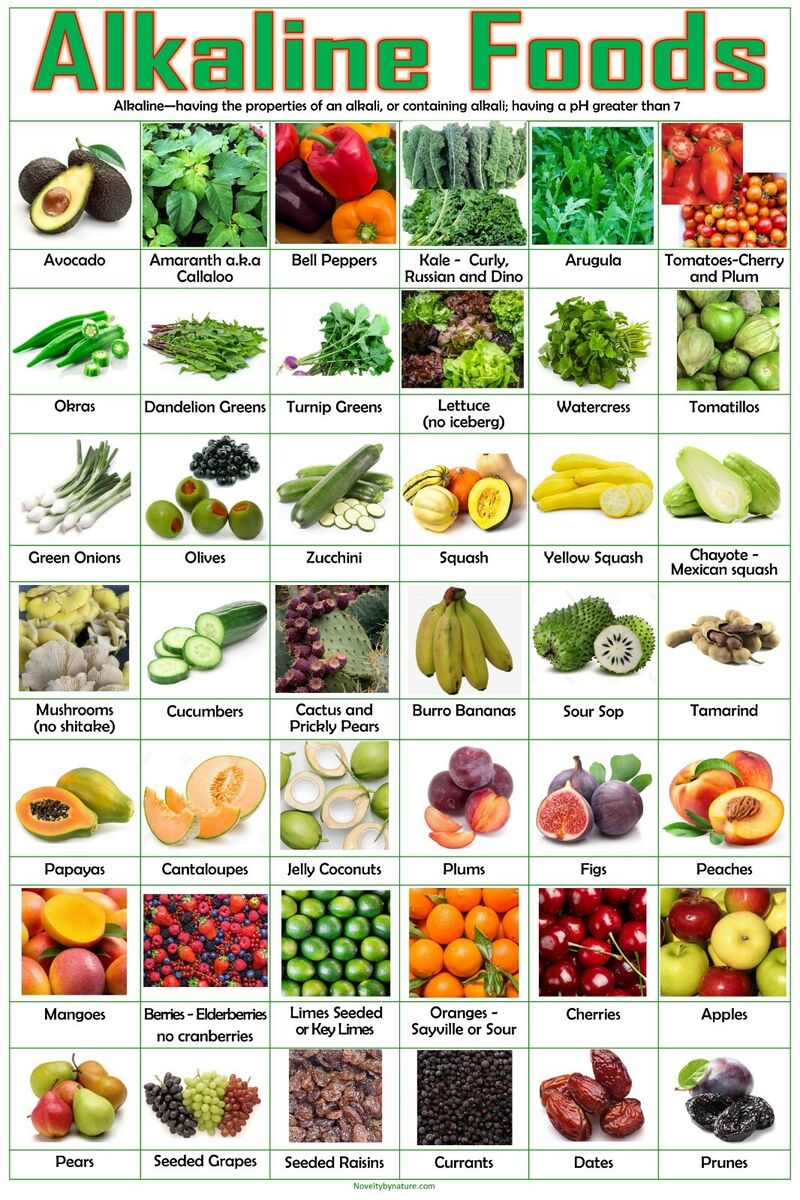Discover five nutrition tips, inspired by Blue Zone living and the alkaline diet, to help soothe IBS symptoms and promote digestive health.
IBS nutrition tips, alkaline diet, Blue Zone living, digestive health, IBS management.
April marks IBS Awareness Month, a time to shed light on irritable bowel syndrome—a condition affecting many individuals, often leading to discomfort and digestive challenges. While various dietary approaches exist, integrating principles from the alkaline diet and Blue Zone lifestyles offers a holistic path to managing IBS symptoms.
Blue Zones—regions where people live notably longer and healthier lives—emphasise plant-based, minimally processed foods, communal eating, and mindful living. These principles align seamlessly with the alkaline diet, which focuses on consuming foods that promote a balanced internal pH.
Here are five nutrition tips, inspired by Blue Zone living and the alkaline diet, to help soothe IBS symptoms:
1. Embrace Alkaline-Forming, Plant-Based Foods
Incorporate a variety of alkaline-forming foods into your diet, such as leafy greens, cucumbers, avocados, and almonds. These foods can help maintain a balanced internal environment, potentially reducing IBS-related discomfort. The alkaline diet suggests that consuming such foods may alleviate digestive issues by promoting a more alkaline internal pH.
2. Prioritise Whole, Unprocessed Foods
Minimise intake of processed and refined foods, which can disrupt digestive harmony. Instead, focus on whole foods like fresh fruits, vegetables, legumes, and whole grains. These choices align with both Blue Zone and alkaline dietary principles, supporting overall gut health.
3. Practise Mindful Eating
Adopt mindful eating habits by chewing food thoroughly, eating slowly, and paying attention to hunger and fullness cues. This approach, common in Blue Zone cultures, can aid digestion and reduce IBS symptoms by preventing overeating and promoting better nutrient absorption.
4. Stay Hydrated with Alkaline Beverages
Ensure adequate hydration by consuming alkaline-promoting beverages such as herbal teas and lemon-infused water. Proper hydration supports digestive processes and can help alleviate IBS symptoms.
5. Incorporate Fermented Foods
Introduce fermented foods like sauerkraut, kimchi, and kefir into your diet. These foods are rich in probiotics, which can enhance gut flora balance and potentially ease IBS-related issues. However, it’s essential to monitor individual responses, as fermented foods may not suit everyone with IBS.
By integrating these nutrition tips, inspired by the harmonious lifestyles of Blue Zone regions and the principles of the alkaline diet, you can take proactive steps towards managing IBS symptoms. Remember, individual responses vary, so it’s advisable to consult with a healthcare professional or nutritionist to tailor these suggestions to your specific needs.
For personalised guidance on adopting an alkaline diet to manage IBS, feel free to reach out to our team at BlueZone Nutrition.
Internal Links:
Understanding the Alkaline Diet
Blue Zone Lifestyle Principles
Managing IBS Naturally



